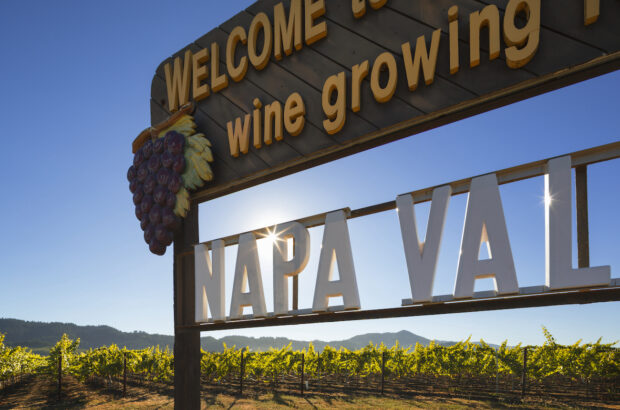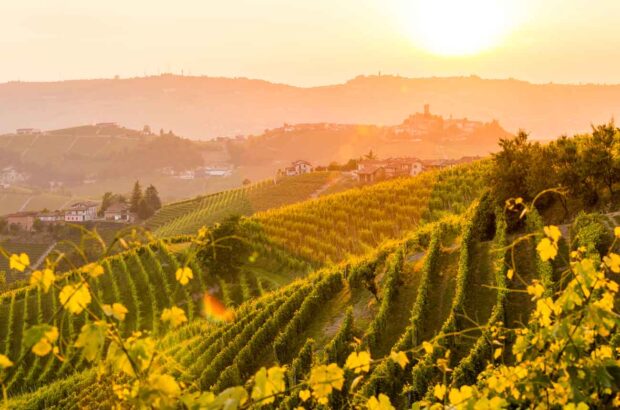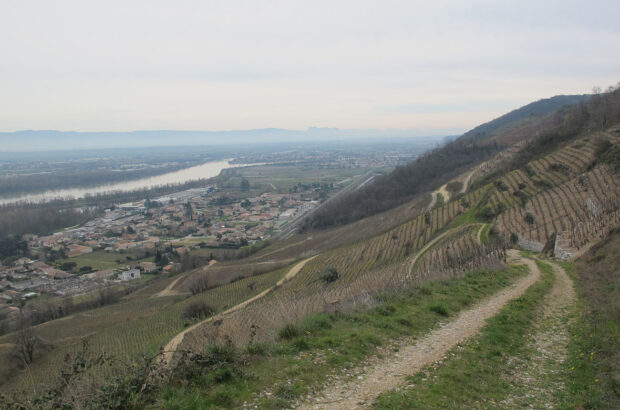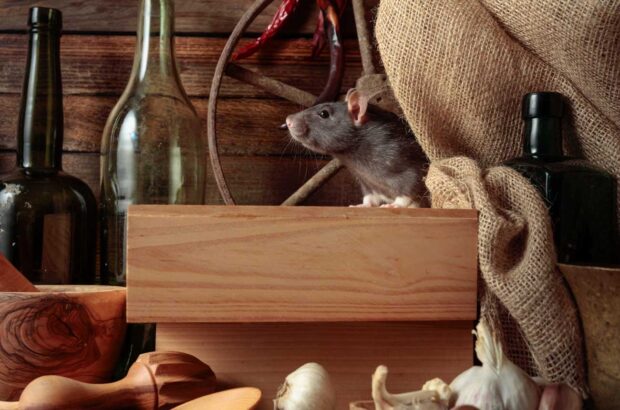The EU and the US have overcome a major hurdle in resolving a 20-year argument over trade names – but their agreement has been called ‘an absurdity’ by some in Europe.
The new Wine Accord is the first phase of an agreement on the wine trade that will help protect names like Champagne, Chianti, Madeira and sherry.
Under the agreement, the use of the names by producers in the United States – where they are currently considered semi-generic – will be limited, the European Commission said in a statement last Thursday.
But while the French Wine Exporters Federation welcomed the deal, saying it would secure €1.6bn of wine exports to the US, Champagne producer Bruno Paillard and Portugal’s George Sandeman have lambasted it.
‘It is an absurdity on a moral point of view,’ Paillard said, referring to the new agreement’s having failed to clarify the issue of ‘grandfathering in’ permission for producers who have used European semi-generic names for years.
‘It’s sad that the USA, now a great wine country, continues to protect a few producers who are abusing the identity of others instead of using honest labelling for true consumer information,’ Paillard said.
The so-called ‘Grandfather Clause’ in the Accord says that the US will prevent use of semi-generic names on new products. That means that Gallo will be able to continue to sell its hugely-popular Andre Champagne and Hearty Burgundy, and Korbel Champagne Cellars’ range of a dozen California Champagnes is not under threat, but no new labels with European names will be able to start up.
James Seff, chair of the wine law group at California law firm Pillsbury Winthrop Shaw Pittman said he had sympathy with Champagne producers, but also with those who had used their names for generations.
‘You have to remember that these names didn’t arise as a result of any mendacious grab by the New World. These were 19th century people who came over from Europe and tried to approximate the wines and foods they knew from home.’
George Sandeman of Sandeman’s Port said they had been ‘seriously let down’ by EU negotiators in the 1990s.
But he said he set store by the recent Napa Valley Declaration of Place, of which he and Paillard were two of 19 US and European co-signees in July this year.
Its stated aim is for vintners ‘to come together and formalize the concept of an alliance of wine regions that can speak with one voice on this unifying issue: when it comes to wine, location matters.’
Neither the US-EU Accord nor the Declaration of Place has the force of law at the moment. Seff expects the Accord to go through Congress. ‘That is the deal now,’ he said.
Written by Adam Lechmere






